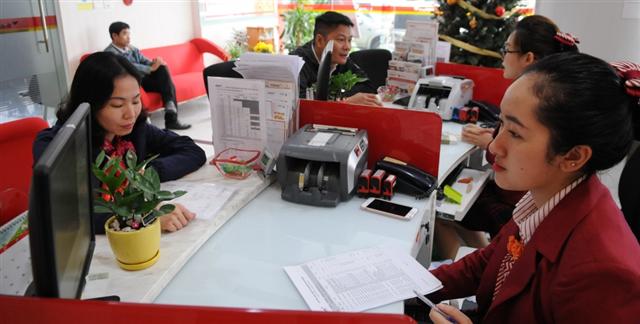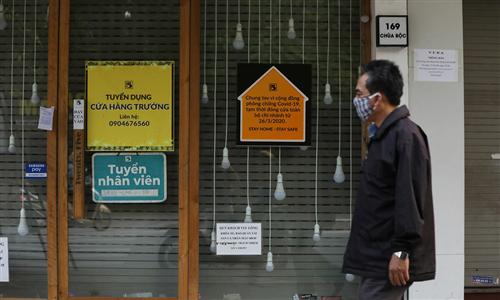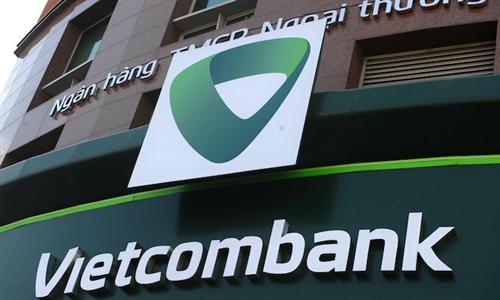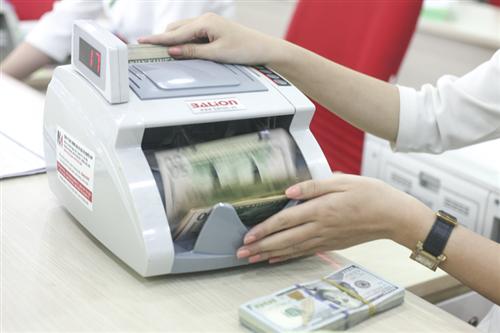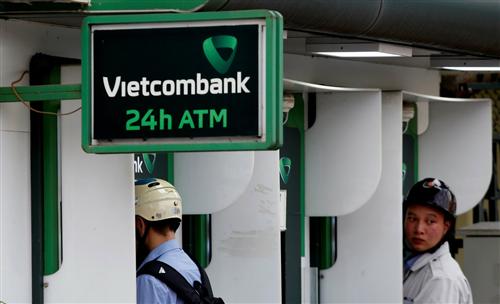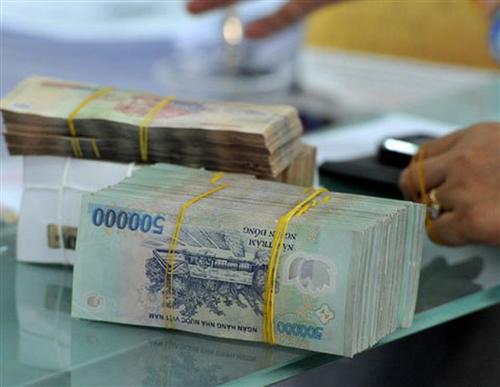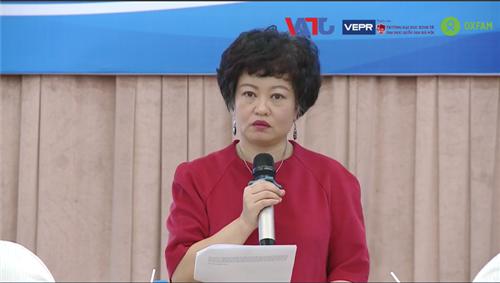Pandemic accelerates Vietnam’s move to cashless payments
Pandemic accelerates Vietnam’s move to cashless payments
The limitations on contact and gatherings imposed by the Covid-19 pandemic have significantly boosted online shopping and home deliveries.
|
Safe shopping
Since the Lunar New Year (Tet) holiday, especially when Ho Chi Minh City People’s Committee temporarily closed restaurants and catering businesses and banned all gatherings, many businesses have switched to online sales and home deliveries.
According to sales staff at the TooCha milk tea shop on Le Van Viet Street in District 9, orders through delivery apps have increased by about 30 percent.
International fast food chains such as KFC and Lotteria have launched discount programs for home delivery orders via telephone, website or app. Compared to the price at the counter, online orders offer discounts of tens of thousands of Vietnamese dong.
Due to the complicated and unpredicted developments of the Covid-19 pandemic, many people have selected to purchase through online market platforms. Hoang Kim Anh from Ho Chi Minh City’s District 1 said she placed four orders with Tiki and Lazada for nearly VND3 million in March. The GrabFood on-demand food delivery service is also used more frequently, she said.
According to Lazada, the demand for protection products has increased significantly, especially face masks and hand sanitizers. Over the past one month, the company recorded increases of more than 160 percent in demand for antibacterial sprays, over 60 percent for diapers and tissues, and more than 50 percent for canned food products.
Despite its negative impact, the Covid-19 pandemic is changing consumer shopping habits, thereby also promoting online payments. Many consumers have selected to buy goods and make online payments instead of going to stores and supermarkets. The number of online payments on apps has increased an estimated 600 percent.
Encouraging cashless payments
Money can spread germs and bacteria, and amid the complicated developments of the Covid-19 pandemic, many people have switched to cashless payments to protect them from unnecessary contact with contaminated money. A new wave of virtual payment methods including POS and e-wallets has attracted users with safer and faster transactions.
To encourage cashless payments, the State Bank of Vietnam (SBV) has directed service fee reductions. Fees for interbank transfers of small sums of less than VND500,000 were exempted or slashed by 72 percent from February 25, while interbank fund transfer fees were cut by half for transactions of VND500,000 to VND2 million each. The rate cut will apply until December 31, 2020.
According to the National Payment Corporation of Vietnam (NAPAS), the total number of interbank transfers of sums smaller than VND500,000 increased by 32 percent in March compared to the previous month, showing that customers have gradually shifted from cash spending to non-cash payments.
In addition, some commercial banks continue to maintain a policy of no registration fees and no service maintenance fees via mobile banking and internet banking.
| The exemption from and reduction of service fees aims to support businesses and individuals, reducing the burden of costs in trade and production activities, promoting online transactions, and changing consumer shopping habits. |


